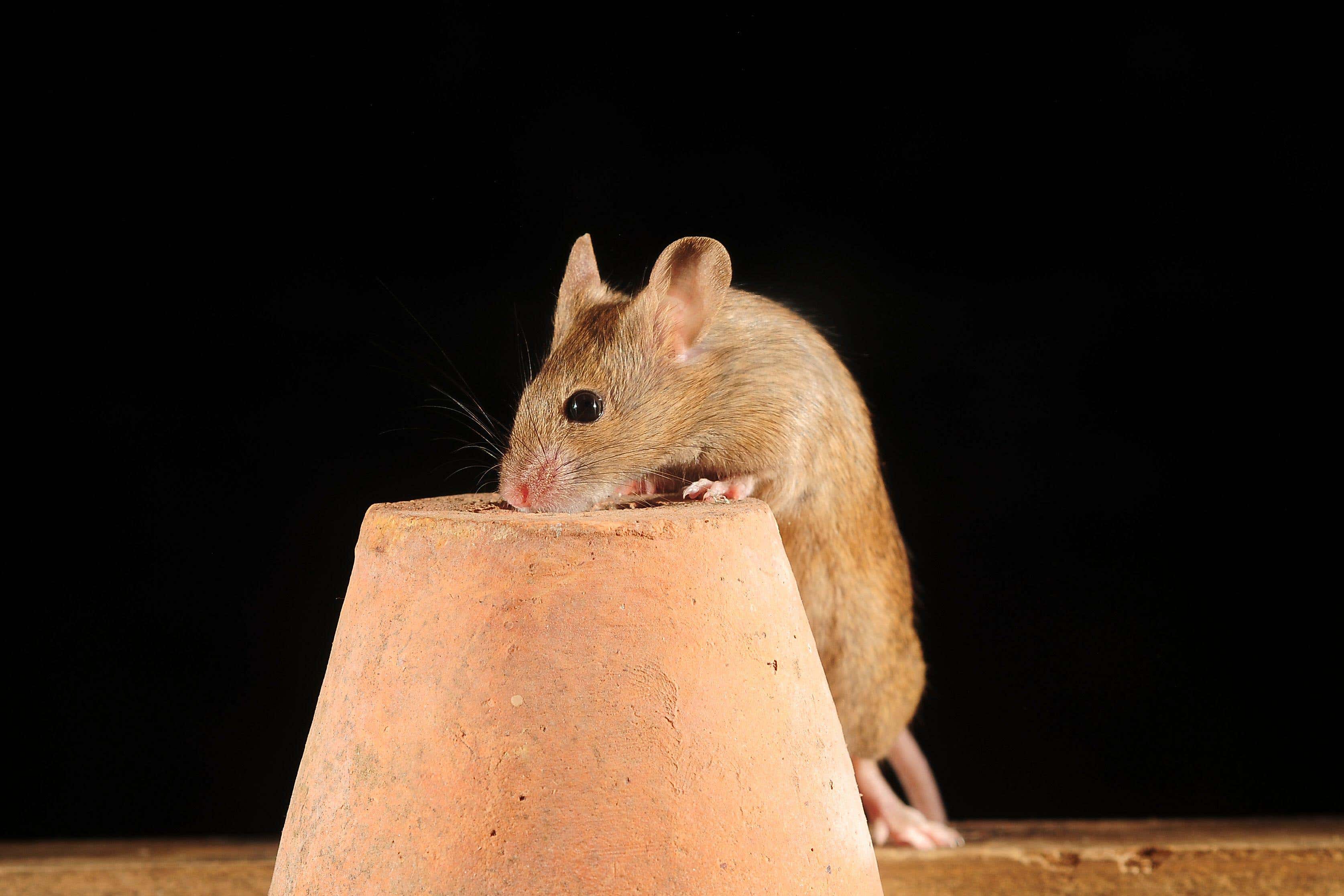How to deter uninvited creatures from nesting in your home
Rats, house mice and other wildlife may be looking for a warm haven over winter.

Gardeners love the natural world, but they would prefer the wildlife they attract into their open space to stay outside.
Yet, so often, mice, rats and squirrels find their way through nooks and crannies into your home and can end up chewing wires, scratching noisily and making nests out of materials they find in your loft.
“The biggest driver in their life is food, water and harborage,” says Paul Blackhurst, head of technical academy at pest control provider Rentokil. “If you can control those things, that is going to be more successful than things like chemicals, scents and different plants.”
Some creatures will be happy finding shelter in the garden, while others will seek out warmer, drier spots, he points out.
“In the world of gardening you have the field mouse or wood mouse. They tend to like it warmer, and a bit drier, but they will be happy to live outside as well.
“I have a small wildlife area in my garden and there’s a wood mouse that lives there quite happily through the winter, coming to the bird feeder.”
House mice are different, he notes. “They will breed constantly throughout the year, they want it warm and dry and they don’t want to be in borders, log piles or wood piles. They want to be in your house.”
House mice don’t want to live outside, he says, adding that they leave around 80 droppings a day and the males are constantly scent-marking their territory so you will eventually be able to smell them, almost as though you were in a pet shop.
So, what can we do to deter uninvited wildlife from seeking shelter in our home?
Trim overhanging trees
Grey squirrels can also be very destructive if they get into your roof space, he warns.
“They can cause a lot of damage to loft spaces by chewing up insulation, creating a large nest called a drey. If they are going to get in, they will get in at roof height through gaps in the roof space, so seal those with mesh.”
Trim back overhanging trees, climbers and move trellises to reduce the chances of squirrels gaining access, he advises.
“Squirrels don’t hibernate. They are quite active throughout the winter. They tend to come into the roof space in areas where you have a large population of squirrels and nesting space is limited, so they might try to find a roof space which is a bit more protected.”
Close doors and seal gaps
“Make sure that doors to outhouses remain closed when not in use and be aware of the seasons,” he advises.
“If you know of gaps, seal them as best you can if it’s safe to do so. If you have an air gap, could you use mesh to cover it, which won’t stop the air flow? Think about how you are sealing those gaps without putting your home at risk.”
Baby garden mice can get through a 6mm gap, he points out.
“Occasionally I will find a nest in my shed. It doesn’t bother me. I’m quite happy to have them there. I found one which had nested in a drawer in my shed once. It had only shredded a bit of garden fleece and a glove.”
Don’t overtidy your garden
Log piles, mounds of leaves and other garden debris can provide shelter for garden creatures such as field mice during winter rather than your loft space.
“Gardens don’t need to be absolutely pristine. You need wildlife in your garden to enrich it,” he notes.
Rethink bird food storage
Wildlife will be attracted to bird feeders, which may be close to the house.
“That food will attract other things like rats which, at this time of year, will want to try to get into your building.
“If you store bird food in your home or in a garage or shed, try to store it in a metal container with a secure lid on it and always clean any spillages up,” he advises.
Move log piles away from the house
“If you can, move log piles away from the house. Control what is up against your property. Make sure your brickwork is pointed. I’ve seen gaps in brickwork where mice have been getting through from adjoining outhouses.”
Consider hard landscaping hazards
“Rats are not as agile as squirrels although they are still good climbers. But you tend to get rats through collapsed drains and if you are doing garden projects such as hard landscaping and you disturb a drain and cause that drain to collapse, then there’s potential for a rat to get into the drain system and go up, which is quite common.”
Site nesting boxes in the garden
If you want to discourage birds from nesting under the eaves of your property, behind fascia boards, make sure you have plenty of nesting boxes available in your garden for different bird types, he suggests.
If you find an active birds’ nest in your home, it’s illegal to remove it. Under the Wildlife and Countryside Act 1981, it’s an offence to intentionally take, damage or destroy any active wild bird’s nest in the UK, says the RSPB.
Seek professional help
If you fear you have unwanted wildlife in your home, seek professional advice, says Blackhurst.
“Quite often you just need to know what you’re dealing with. You have to understand the restrictions and constraints around how you deal with that effectively while remaining within the law.
“It’s easy to fall foul of the law by putting some poison down, for instance, and then causing serious harm to the environment and targeting the wrong animal.”
Bookmark popover
Removed from bookmarks